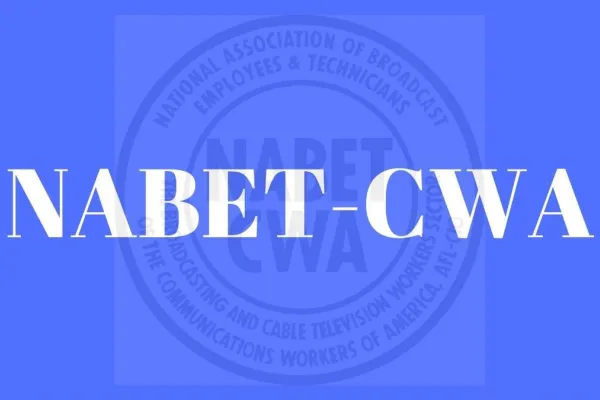What's in Congress' Emergency Coronavirus Bill?

WASHINGTON — The House of Representatives passed a sweeping bill early Saturday addressing the impacts of the coronavirus outbreak, aiming to soften the economic blow that many Americans are expected to feel as stores close, people stay home and stock markets plunge.
Treasury Secretary Steven Mnuchin and House Speaker Nancy Pelosi, D-Calif., hashed out the details of the plan's safety net benefits last week, disagreeing over how much paid time off should be extended to workers. Mnuchin and the White House had raised concerns that too much paid leave would hurt businesses already reeling from the financial effects of the outbreak, while Pelosi and the Democrats argued that a permanent paid leave program needed to be extended to all workers.
President Donald Trump has said he supports the legislation, and the Senate is expected to pass it sometime this week.
Here’s what is included:
Free coronavirus testing
The bill calls for free testing for anyone whose doctor says a test is needed. Patients would not be responsible for any deductibles or copayments.
The free testing would extend to those on Medicaid or Medicare and provide a pathway for uninsured people to get free testing through federal coverage programs.
Expanded family and medical leave — for some
The House bill would expand the existing family and medical leave program.
Under current law, employers are required to give up to 12 weeks of job protected medical leave (meaning you cannot be fired), but they are not required to provide any pay during that time.
The House bill, however, would provide paid leave for workers if they have been diagnosed with the coronavirus, if they are caring for a family member who has it or if they are caring for a child or another dependent because of a school or care facility closing.
The bill would provide those who qualify with two-thirds of their average monthly earnings, with a cap of $4,000, for up to 12 weeks. The benefits could be paid retroactively and would be available for those who had to leave work starting Jan. 19.
But there's a catch: The benefit would apply only to companies with fewer than 500 employees. Anyone employed by a company larger than that — which is more than half of all American workers — would be ineligible.
Paid emergency sick leave — (also) for some
In addition to the expansion of paid family leave, the bill would also establish a new paid sick leave program calling for employers to immediately grant 14 days of paid sick leave that could be used by infected people, caretakers and parents whose children's schools have been closed.
This benefit, too, would be available only to people working at companies with fewer than 500 employees. Small businesses (defined as having 50 employees or less) would be reimbursed for providing the 14 days of additional paid sick leave.
For employers who already provide paid sick leave, the additional leave made available under the House bill should still be provided, and employers would not be allowed to make changes to their existing policies to avoid offering additional paid leave.
Unemployment benefits
The bill would provide additional funds to states that experience a 10 percent increase in unemployment.
States would be required to loosen eligibility requirements for unemployment, such as work search requirements or waiting periods.
Food assistance
The bill would allocate an additional $500 million to the Special Supplemental Nutrition Program for Women, Infants and Children, which provides access to food for low-income pregnant women and mothers with young children who have lost their jobs because of the outbreak.
An additional $400 million would be granted to the Emergency Food Assistance Program, which would help food banks meet the increased demand they are likely to experience.
The bill would allow for states to provide families whose children receive free or reduced-price school meals with money to buy food in the event of school closings. The assistance would kick in after five consecutive days of canceled school.
It also calls for emergency Supplemental Nutrition Assistance Program aid to families with children who receive free or reduced-price meals at school. The work requirements for SNAP would be suspended under the bill.
For older Americans, the bill would provide emergency funding for programs like Home-Delivered Nutrition Services, which provides meals to senior centers and homes of older adults who live alone.
Protections for health care workers
Many health care workers could be at risk of being exposed to the coronavirus, especially as care facilities fill up with sick patients.
The bill would require state and local hospitals and nursing facilities, some of which are not subject to certain federal regulations, to comply with additional safety and health plans.
NABET-CWA / NBCU-VERSANT MEDIA, LLC (MS NOW) NEGOTIATIONS


